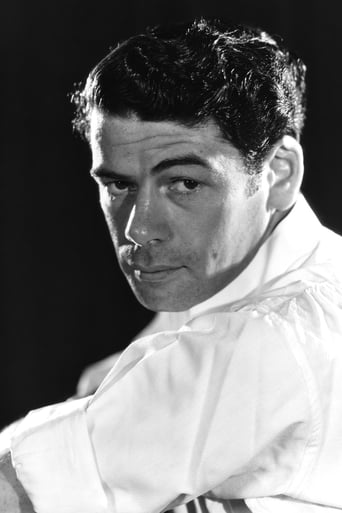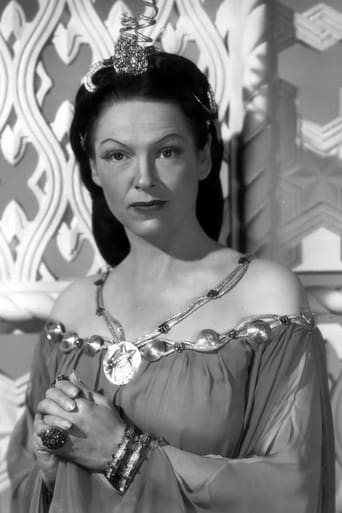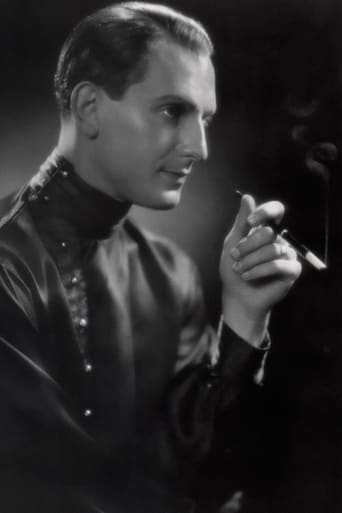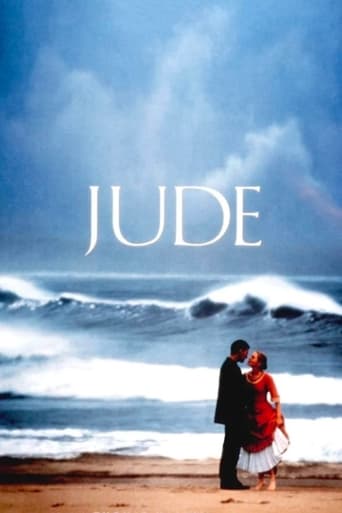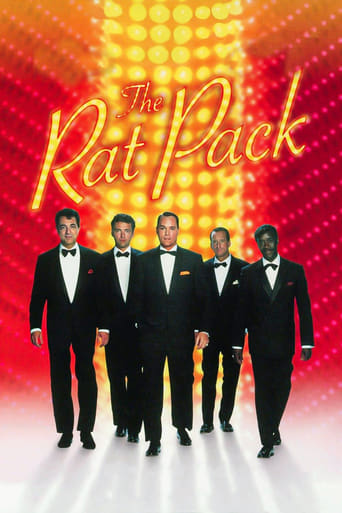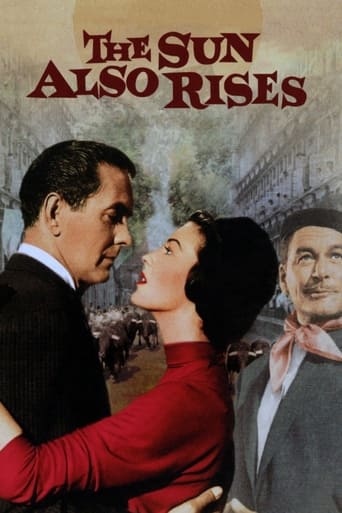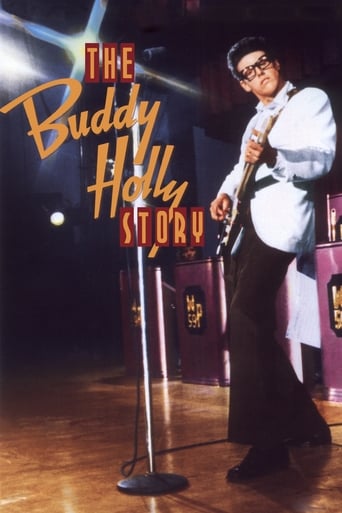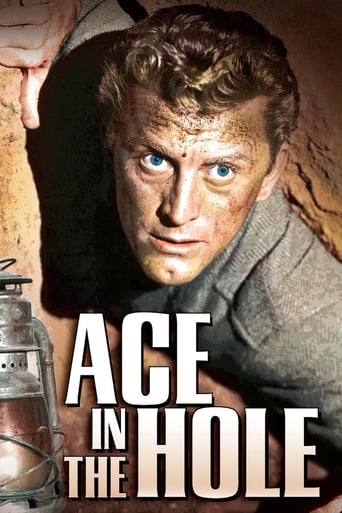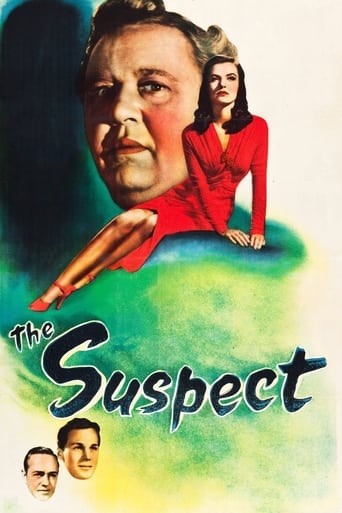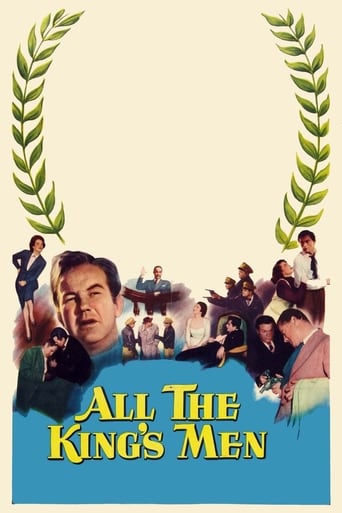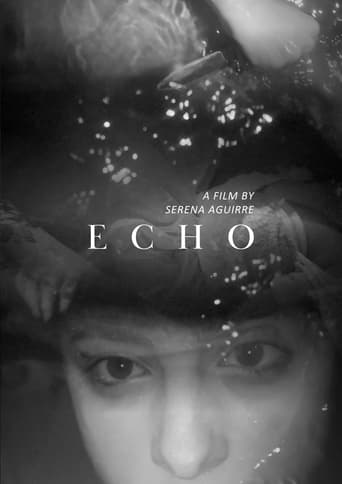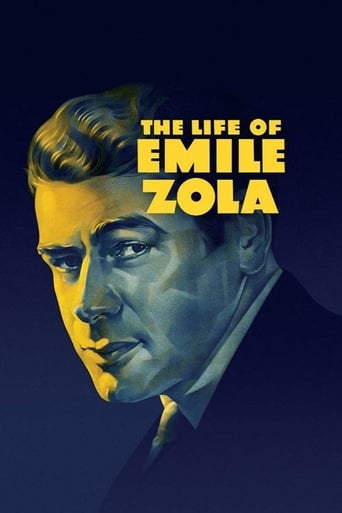
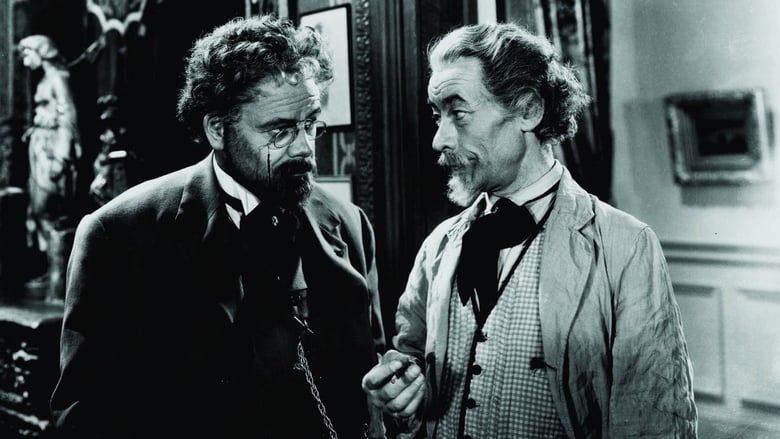
The Life of Emile Zola (1937)
Biopic of the famous French writer Emile Zola and his involvement in the Dreyfus Affair.
Watch Trailer
Cast
Similar titles
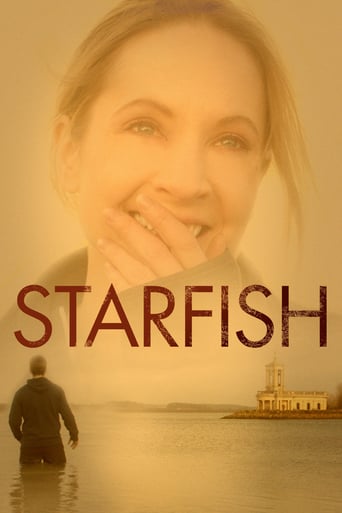
Reviews
I think this is a new genre that they're all sort of working their way through it and haven't got all the kinks worked out yet but it's a genre that works for me.
This film is so real. It treats its characters with so much care and sensitivity.
This is one of the best movies I’ve seen in a very long time. You have to go and see this on the big screen.
Through painfully honest and emotional moments, the movie becomes irresistibly relatable
I really like this film. Paul Muni plays the consummate hero in this as he does everything within his power to overturn the conviction of Alfred Dreyfus, whose only crime was being Jewish. The man who actually committed the crime was out enjoying himself with his freedom intact. Despite every effort of the French military getting in the way of his efforts, he never gives in, even though his status as the most popular author in France is at stake. What started out as an effort to simply approach the law becomes his life's work. This case became one of the most high profile in European history. The reason the movie pulled punches, however, was because Dreyfus was a Jew but most didn't want to recognize the oppression. Of course, Hitler was plying his trade.
Very interesting old biographical movie that starts very badly,following every Hollywood cliché (young,idealistic and hungry Zola meets a prostitute called Nana,writes a novel about her and suddenly became rich and famous) than turns into high suspense court drama. At first, I was watching it in disbelief, during Zola's hungry years, wondering about deliberate historical mistakes and what would Hollywood make out of my life,for example (Zola was already very successful long before "Nana") than I realized script intentionally glosses over his early years and simplifies everything in order to get to the point & heart of the story, famous Dreyfuss Affair. Everything that was false and fake in the beginning, suddenly gave place to completely truthful and realistic description of political scandal that was shaking France for twelve years at the end of 19th century - director Henry Blanke went into such details that more I read about real Dreyfuss Affair, more I understand this is exactly how it happened. Dreyfuss arrest, his public arrest, the way officer broke Dreyfuss's sword on his knee before proclaiming him a traitor, the fact that Dreyfuss and his wife were not allowed to talk in private during her visits to jail, his conditions on Devil's Island (legs chained on a bed,living in a stone house,completely isolated from the world), Zola's involvement and the whole public circus around the court, this is exactly how it happened. I am actually almost sure that Zola was murdered later (it wasn't accidental, his chimney was blocked and forever made me paranoid about open fire).The movie eventually became so interesting that I almost forgot to notice how much Paul Muni (Zola) changes during the story - he starts as young and skinny dreamer and later turns into happy,grandfatherly type visually very similar to historical Zola - his acting is perhaps hammy occasionally but excellent,its a true "Oscar" worthy role. Joseph Schildkraut (Dreyffus) is so similar to real Dreyfuss that its almost spooky. Because the story has so many judges, lawyers, politicians and army officers, two women's roles are completely pushed in the background, so wives of Zola (Gloria Holden from "Dracula's daughter") and Dreyffus (Gale Sondergaard from "The Letter") are unfortunately purely decorative and have nothing much to say, specially Holden who basically only smiles trough the whole movie. Excellent court drama that did not need fictional introduction to early Zola - they could simply call the movie "Dreyfuss Affair" and start from there.
Okay, before I begin my review, here's a quick little correction I have to make regarding my Great Ziegfeld review...twice: This film is not a Musical. I apologize for the mix-up; they have 2 things in common: A similar-sounding title (I always got them mixed up), and a specific genre they supposedly share (again, I always got them mixed up). And that genre is the Biopic, or Character Study as it were.And speaking of which, it was actually better than I thought going into this thing, but I don't know if I'd call it good. I'd certainly watch it over Cavalcade or The Great Ziegfeld, but how many times? What is it about? Well, the title is quite self-explanatory in that light, only trimmed down for our benefit (unlike Ziegfeld), but the question one should ask in this case is, who is Emile Zola? Well, Emile Zola was a French Author and his prolific writing career, including his friendship with French painter Paul Cezanne, and his involvement in the Dreyfuss Affair in which (an espionage-related scandal during the Militarized state of 19th Century France) he plays a part in until his untimely death. There's more to the story, obviously, but if you're curious, you could do one of 2 things: Research on the matter yourself, or see the movie.Now is it worth seeing? Well, I'll get to that later. The movie is written okay, it is directed okay, heck, even the acting is pretty darn good for its time. I can at least see why it won Best Picture in 1937, and it is a rather important film in the Biopic genre as it led to the Academy's recognition of the genre in a serious light. The cinematography and art direction is pretty good too (for the time), but it at least does well in the most important elements of the Character Study: The acting and the writing. However, the film, while important, is quickly dwarfed 4 years later by a film regarded as the Best ever made (which I'll cover later).With all that said and done, I would probably only recommend this film to hardcore film buffs, fans of character studies as a whole, and those who might be interested in, in more ways than one, the actual life of Emile Zola. This film does have an audience to this day; in fact, back in 2000, it was one of 25 films selected by the National Film Registry for immortalization in the Library of Congress. So it's not like the film is awful or unwatchable. Personally, it's not my thing, but people like it okay, so why ruin it for others. Take it for what it's worth; I'll give it a 6 out of 10.
This movie beat out such magnificence pictures as Captains Courageous, The Good Earth, and Lost Horizon to win the Academy Award for Best Picture of 1938. I think that was stretching it.What is truly great here is the story it tells, starting about a half-hour into the picture: Zola's involvement in the overturning of the condemnation of French army officer Alfred Dreyfus for treason. That condemnation was one of the great stains on French history, an example of anti-Semitism and rabid militarism. When the movie tells that story, all hearts are moved.But are they moved by the WAY this picture tells that story, or just by the story itself? It is the same question one might pose concerning The Diary of Anne Frank. The difference can be seen in a true masterpiece like Shindler's List, where the story, again, is deeply moving, but the TELLING of the story is equally masterful.I don't think Dieterle's telling of Zola's involvement of the Dreyfus story is particularly remarkable. Muni gives a very fine performance as Zola, certainly. But I don't think this script, which won an Academy Award for best writing, or Dieterle's direction of it, for which he got an Academy Award nomination, are particularly good, much less great.If you don't know the story, watch this, most certainly. It doesn't disgrace it. But if you know such great movies as Captains Courageous, Lost Horizon, and The Good Earth (it was a good year for Paul Muni), don't expect this to live up to those.It must have been a strange year for the Academy: they also gave Louise Rainer the Best Actress Award, when she was easily bested by all four of her competitors: Irene Dunne in The Awful Truth, Greta Garbo in Camille (yes, overdone, but great even so), Janet Gaynor in A Star is Born, and Barbara Stanwyck in Stella Dallas, a weeping but powerful picture. I also don't see how Joseph Schildkraut got the Oscar for Best Supporting Actor for his small portrayal of Dreyfus in this picture against Roland Young as Topper, or even H.B. Warner in Lost Horizon. Why the Prisoner of Zenda got almost shut out of the Oscars that year I don't understand either.
